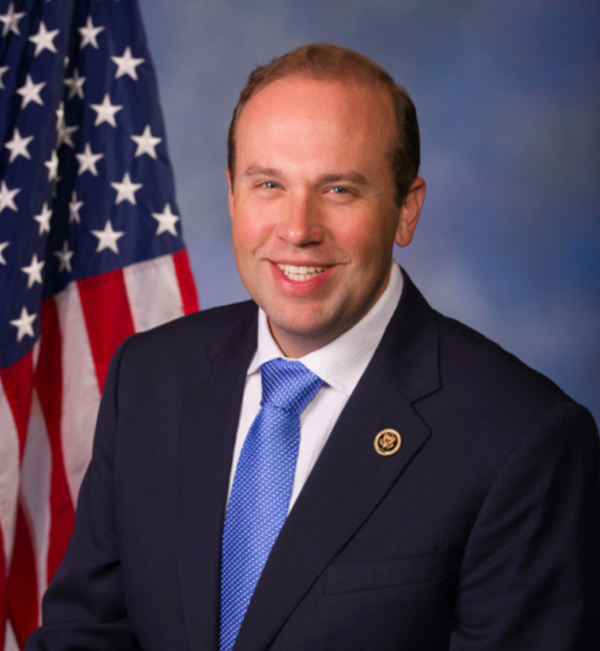
Smith Fights for all Methods of Feral Hog Eradication in Mark Twain
Smith language included in U.S. House passed bill requires Forest Service to listen to stakeholders on ground who know that hunting works
WASHINGTON, D.C. - Congressman Jason Smith (MO-08) continued his fight for all forms of feral hog eradication in the Mark Twain National Forest this week, including hunting, when he successfully inserted language into the Interior, Environment and Related Agencies Appropriations bill which called on the Forest Service to work with stakeholders in the Mark Twain area in implementing a strategy which involves all methods for eradication.
“Feral hogs are nothing but pests to local farmers and make farming more difficult than it already is,” said Congressman Smith. “I have personally spoken with numerous farmers in southern Missouri about this problem – and we all know the same thing, trapping isn’t enough.”Smith continued, “If we are going to get rid of these hogs, we need an all of the above approach which includes being able to hunt and kill them in the Mark Twain National Forest. I have called on the Missouri Department of Conservation and the Forest Service to allow hunting to continue. We should be able to use every tool in the toolbox to get rid of these pests.”
Congressman Smith has long-championed this position and has met with numerous farmers and ranchers in southern Missouri who have seen their property destroyed by dangerous feral hogs. He recently met with the Forest Service and reiterated his support for an all-of-the-above solution to getting rid of feral hogs.
The language authored and included by Smith “recognizes the damage and danger caused by feral hogs in the Mark Twain National Forest and encourages the Forest Service to continue to work with stakeholders to utilize all practical methods for eradication.”
“We can all agree that feral hogs are a problem, and if we want to control the hog population we need to work together with all methods of eradication on the table,” said Gary Crockett, who farms in northwest Ripley County. “Ending hog hunting will have an adverse effect on our ability to control the feral hog population, and I really appreciate Congressman Smith’s attention to this issue and standing up for our right to get rid of these pests.”

